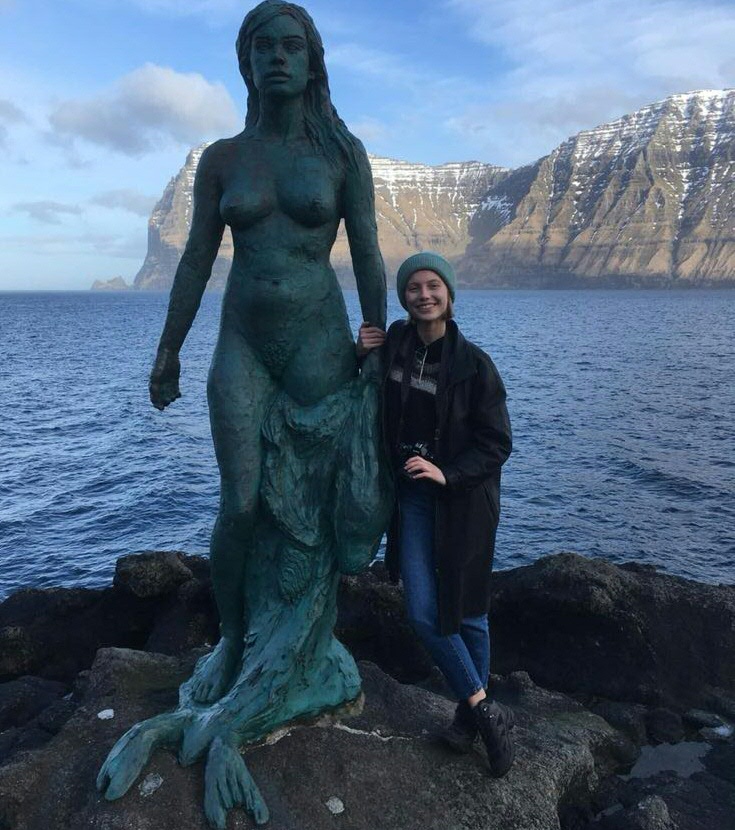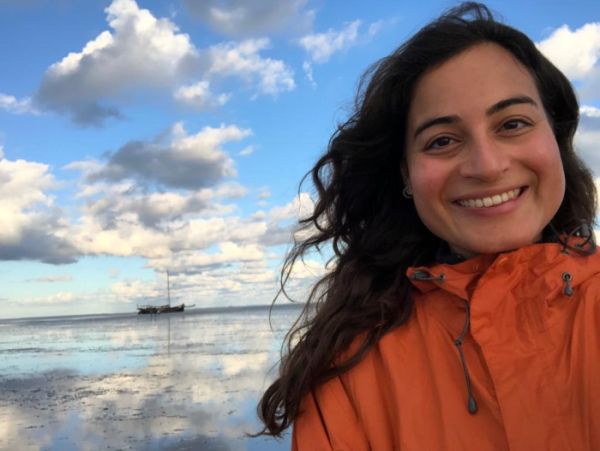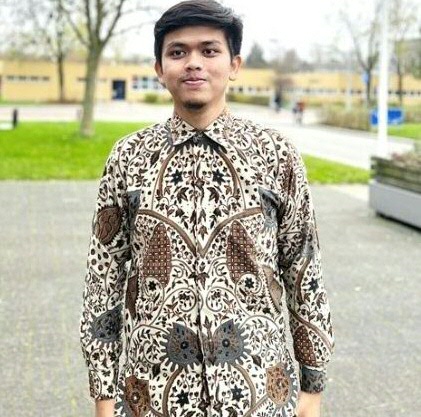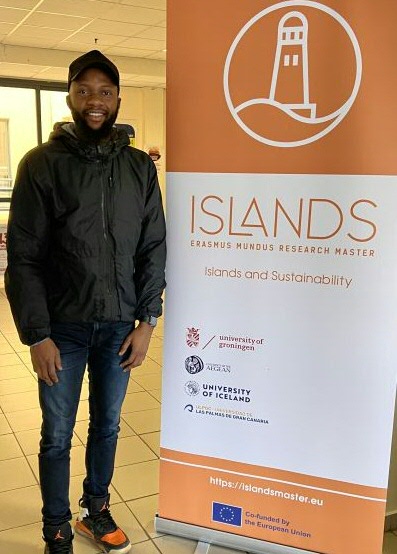
Islands and Sustainability is an Erasmus Mundus master programme. It combines thorough training in scientific research with a specialization on Islands and Sustainability. Scholarships are available.
Please note: All applications are processed and accepted only through our own website at islandsmaster.eu. Applications made through the offical University of Groningen website will not be considered.
Islands are special cases for Sustainable Development. Within the current global economic and social system islands in many cases face economic, social, political and cultural marginalization; unless they cooperate. Cooperation is needed in research and education on the ways to manage islands and raise capacity building in island communities. Understanding the problems and finding effective ways to develop the potential of small islands requires international academic cooperation that looks beyond the specifics of individual islands. There is clearly a demand for a high quality Masters programme on sustainable development on islands that can enhance much required training and expertise in this field. This is why the University of Groningen, the University of the Aegean, the University of Las Palmas de Gran Canaria and the University of Iceland have joined forces to launch a high-level integrated study programme on islands at Master level.
The ISLANDS programme combines thorough training in scientific research with a thematic specialization on Islands and Sustainability. It also provides multi-faceted training of research skills for social science and environmental research, including Individual Research Training by senior staff and training to work in a multi- and interdisciplinary research group. ISLANDS students will study at the University of Groningen in the first semester of the first year of the programme. Then they study at one of the island-based universities of the consortium where they will undertake a Research Internship Module and other courses. After returning to Groningen for the first semester of the second year, students will return to the same island-based university to undertake their Master thesis project in the second semester of the second year. ISLANDS graduates receive a double-degree from the University of Groningen (including an acknowledgement that this is an Erasmus Mundus Joint Master degree involving all partner universities) and the island-based University. The ISLANDS programme builds on the existing Research Master in Spatial Sciences programme at the University of Groningen (RUG).
For more detailed information, please visit the ISLANDS consortium website.

My name is Sissal and I am currently studying the Islands and Sustainability track within Spatial Sciences at Groningen University - now the new International ERASMUS Mundus Joint Master Programme ISLANDS. I am an islander myself, originally from the Faroe Islands, and was introduced to the world of studying islands during my bachelor studies in human geography.
It is therefore both a personal and academic interest in sustainable development trajectories on islands that has led me to this master programme. I know that islands are special places that hold so much knowledge, and studying islands gives you unique perspectives and practical tools that are useful beyond island geographies. When I was looking for master programs and came across the Islands and Sustainability track that is now ISLANDS I instantly knew this was exactly what I want to study. Now, engaging with islands and sustainable development and the community that shares this interest makes me feel like home although being abroad.
The programme has given me the amazing opportunity to do an internship with the University of the Aegean on Lesvos this spring. I am looking forward to experiencing an island environment very different from my home, and challenge myself to put my knowledge into practice. I will definitely share more about the internship and my experiences with you later!
- Sissal Dahl

The ISLANDS programme is a melting-pot of motivated people from different disciplines and with a diversity of experiences, all coming together to study islands and sustainability. Being able to meet and work with such a diverse group has been extremely inspiring and has made me think of things from many other perspectives.
I'm really excited to continue learning on my island of choice - Iceland, and work with professionals in the field of environmental sciences, while also experiencing such a beautiful and unique landscape!
- Sarita Mahtani Williams

This programme provides me with an opportunity to learn from the best experts in their fields. We discuss with colleagues from various disciplinary backgrounds, a transdisciplinary learning ecosystem that is very island-ish, where knowledge is no longer compartmentalized in its fields, but is holistically engaged to bring new understanding of, for, and from islands.
Not only learning to figure out how things work but also encourages us to train our higher mind to continuously, critically observe and reflect on what we do, observe, and learn as a soon-to-be researcher.
- Luthfi Iqbal

So far, my experience in the islands and sustainability research master's programme has been intellectually stimulating and personally rewarding. For example, the program's Islands, Insularity, and Islanders module required me to assess contrasting evidence about islands and islandness, enhancing my critical thinking skills and broadening my perspectives.
The demographic data and analysis module helped me augment my quantitative data analysis skills by learning to compute important indicators spanning a wide range of demographic components such as population structure and growth, fertility, mortality, and migration. Furthermore, the biweekly Scientific Reading, Debating and Reflecting class activities and discussions have encouraged me to engage in critical and clear academic debates with my classmates who also have distinct, remarkable perspectives.
My educational experience in the programme extends beyond the classroom, with a series of excursions organised by the faculty. An example was an excursion to ‘Randstad Holland’ and the ‘Green Heart.
- Kolade Victor Otokiti